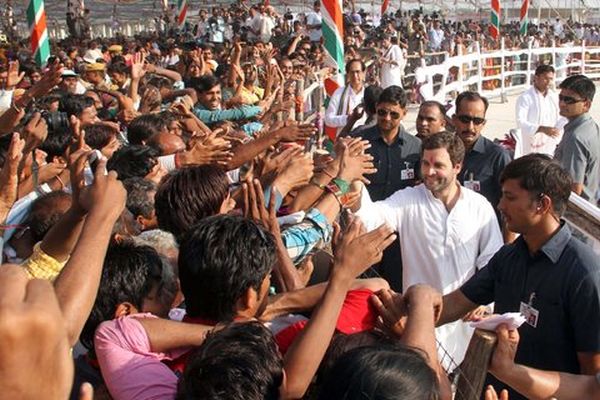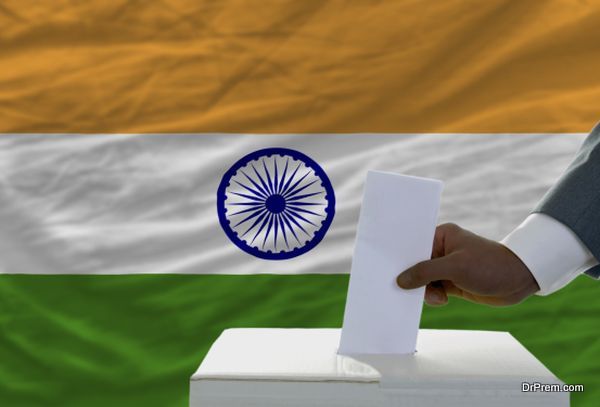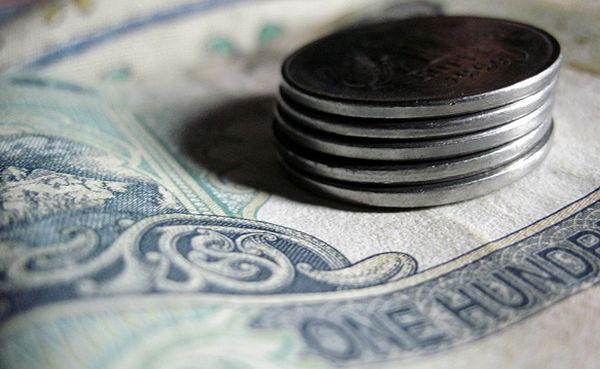Money has continued to dominate elections in our country for quite a long time now. This particular problem exacerbated since the Supreme Court’s Citizens United ruling in 2010, which gave corporations a green signal to spend limitless amounts of money on our elections. In campaign 2012, “independent” groups used up about $1 billion, much of it from unspecified individuals and corporations.

The trouble with money in politics is not so much the amount that is spent on campaigns, as it is who pays for them, what they get in return, and how that affects public policy and spending priorities. Now the efforts in the shape of reforms are taking place in order to bring back democracy in the hands of “We the People.”
Off lately, the Chief Election Commissioner (CEC) VS Sampath expressed concern over money power in elections and assured to take stern steps to check such practices. However, the authorities are not the only ones who are fretful with the issue of excessive money in politics, huge stratum of voters are also very anxious. This fact surfaced in a survey conducted on voters by ECI before the 2012 Gujarat assembly elections. 54.8% of voters strongly felt that the money power is the origin of political corruption in our country. The voters should refrain from any sort of temptation put before them by the politicians.
The survey took place in 21 constituencies of 19 districts in Gujarat. Sixty voters served as a sample from all the 84 polling booths. Following are the results that appeared in the survey:
58% of respondents didn’t feel the need for reforms in the election process.
52.4% respondents were not aware about the Matdar Sahayata Kendra (MSK) at Taluka levels. 81% voters prefer EVM for voting and 14.17 % respondents had not registered due to lengthy procedure. A 32.65% of people had not even registered due to lack of valid documents and another 32.43% respondents could not register themselves owing to lack of awareness. The 12.93% of respondents did not know about the location of the polling station, 4.38% respondents did not vote because of long queues.

Around 16.05% respondents faced difficulty, as there were no separate queues for senior citizens. Over 17% respondents got election-related message from hoardings, posters etc and 60% respondents said it was easy to get an electoral photo identity card. Only 50% knew of booth-level officers (BLO) and 48.13% had actually visited the BLO’s office.




